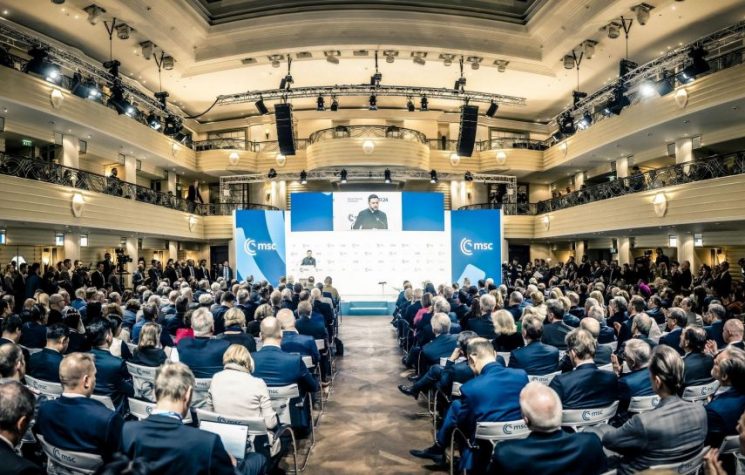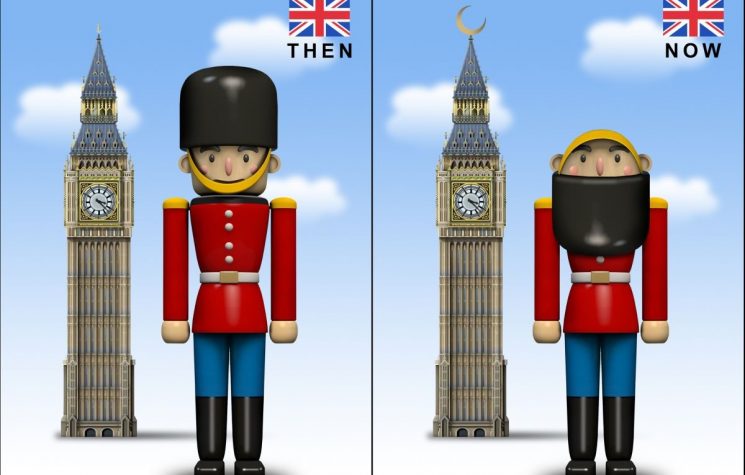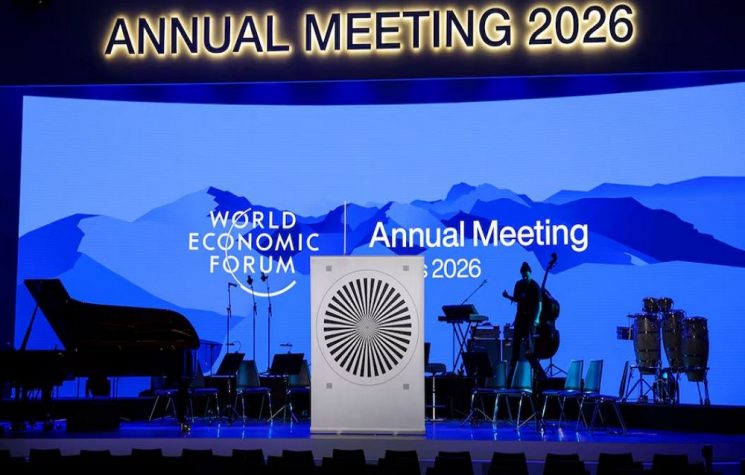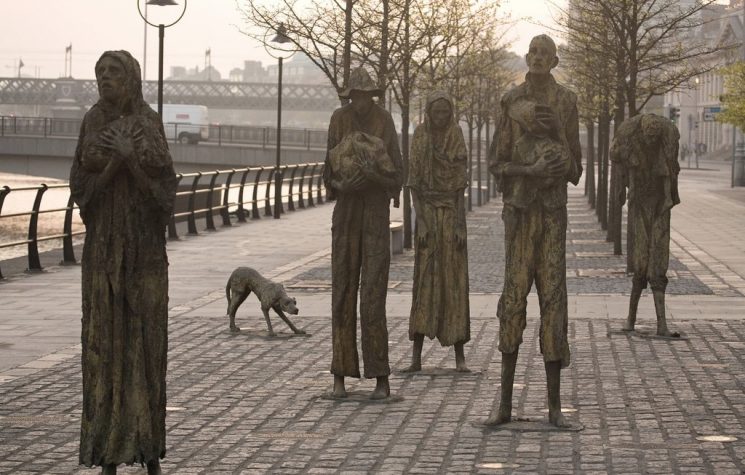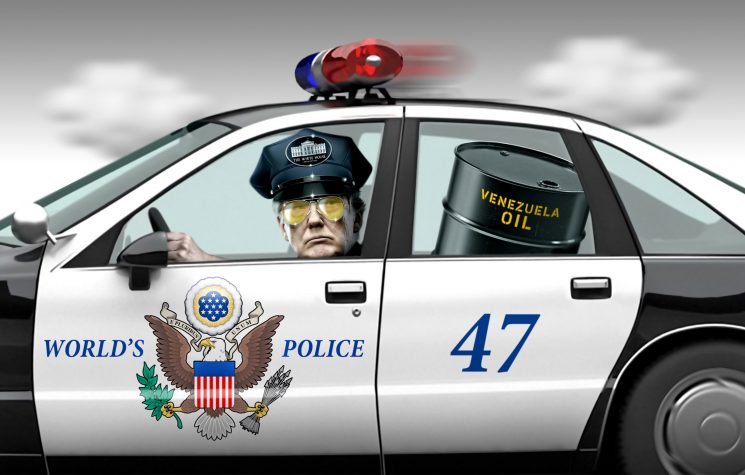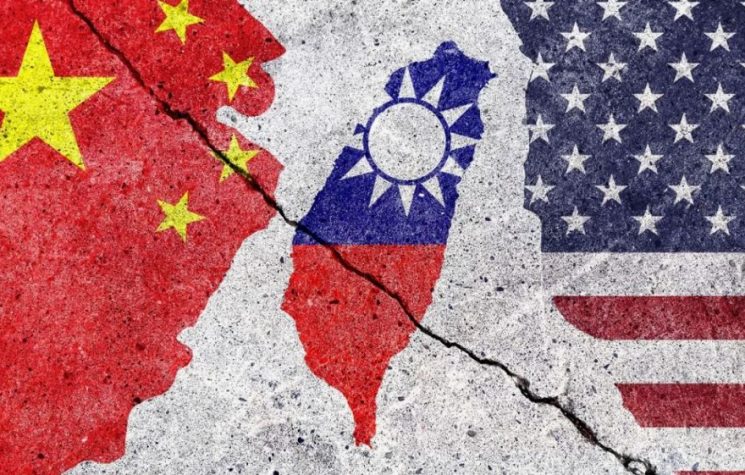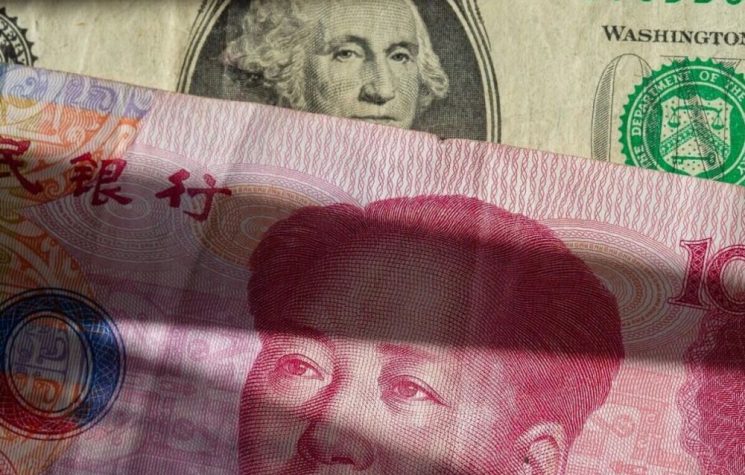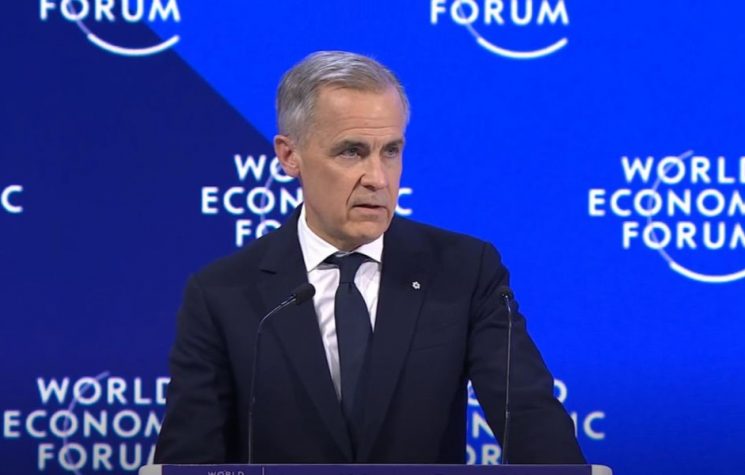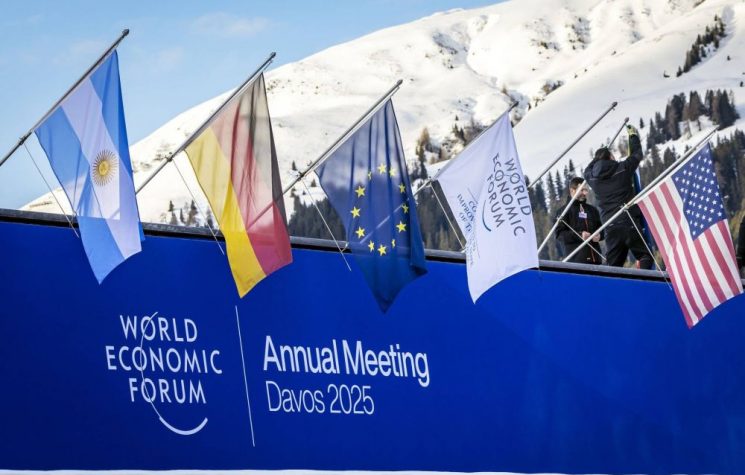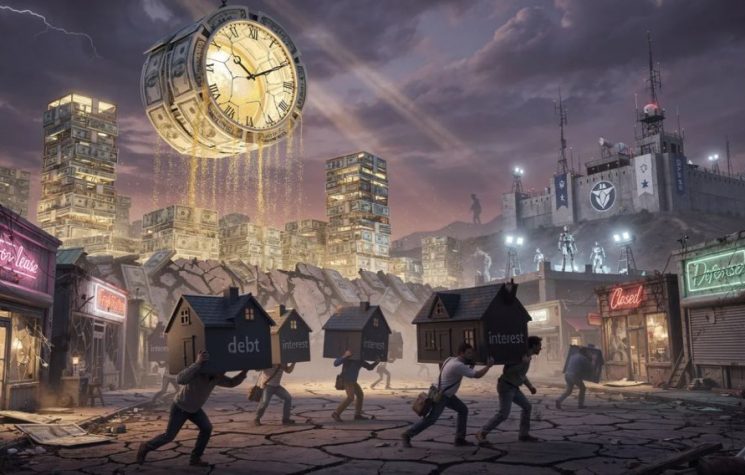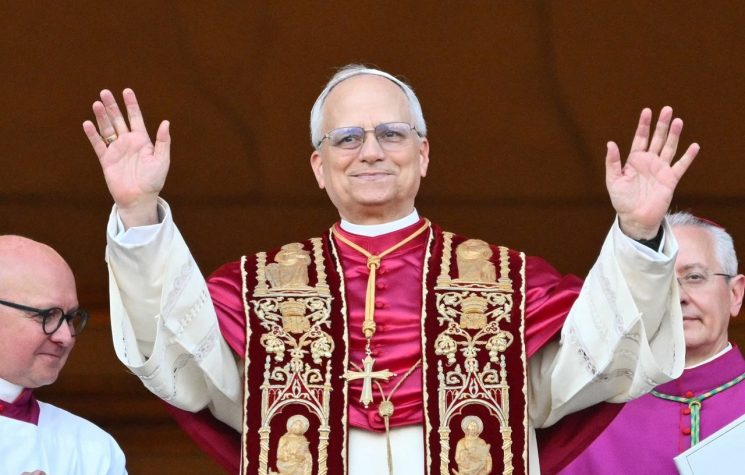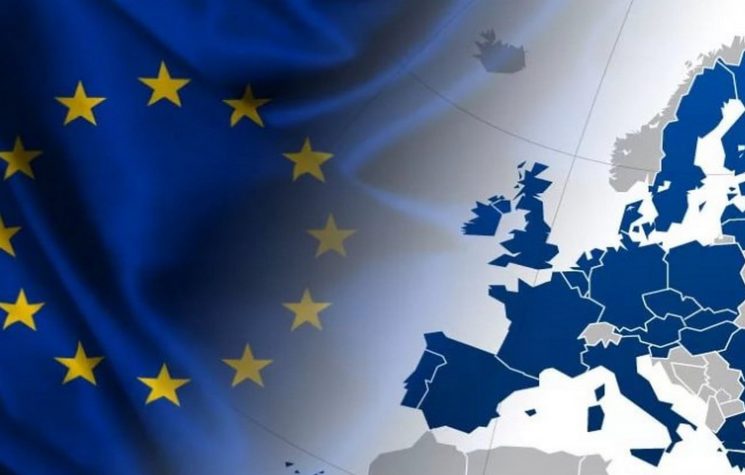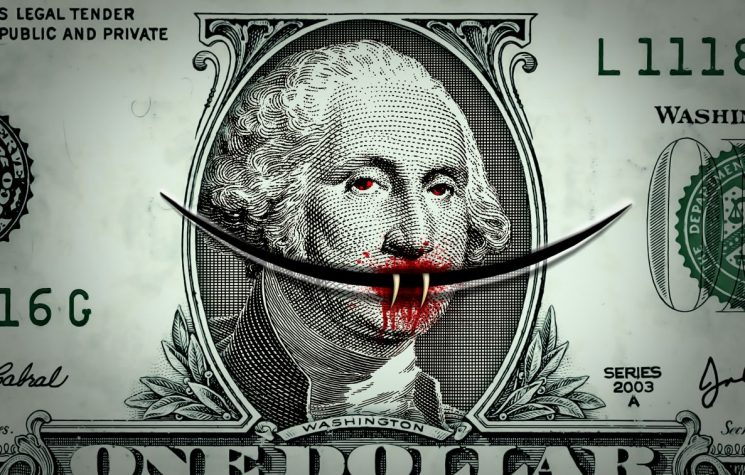The case for the tariffs – that they will boost the U.S. economy – is hardly a clear-cut case.
Contact us: info@strategic-culture.su
Trump 2.0 would appear to be a very different model than its predecessor. The tariffs tantrum appears to be born of frustration from his first term in office, both not pulling off many of his election promises and wanting to garner more respect around the world. He has certainly got the attention of world leaders as markets continue to tumble – in particular in Asia – and many of them he claims told him in phone calls that they “don’t blame him” for the move.
And yet the case for the tariffs – that they will boost the U.S. economy – is hardly a clear-cut case. U.S. analysts often use the example of the car industry and how a 25 percent hike of foreign cars will boost local sales. But this is hardly the reality. Firstly, many Americans buy Japanese and European cars simply because they are better cars; and secondly many American cars are made in Mexico. The reality might well be for the car sector that the move will boost a second-hand market much more with a slight reduction in sales of non U.S. cars.
The other extraordinary thing about the tariff stunt is that it is hoped by Trump that it will boost blue collar jobs as many foreign firms might be forced to move to the U.S. and set up factories to bypass the tariffs. But this is unlikely. Also, poor people in America tend to buy cheap products in the supermarkets and ‘do-it-yourself’ type shops like Home Depot. Where does most of that stuff come from? China. All experts have agreed that it will not be the companies in China who will absorb these new costs but will be simply passed on to the consumer – shooting poor folks in the feet, typically Trump supporters who wear the MAGA baseball caps. And then there is the U.S. export market. The very markets around the world which buy U.S. goods are certainly going to buy less American cars, for example, as those same buyers will have to adjust their spending as a new recession kicks in.
Has Trump really thought this through? Does he really understand international business and global trade? Probably not. But what we should be weary of is how he is doing more radical things, which perhaps in his first term he had people around him who were holding him back from doing. Trump 2.0 is more autonomous. If his first term was held back by advisors who told him ‘no Mr President’, then his second term is simply made up of people he can be sure will always agree with him. And so the more radical ideas go further and the honeymoon period in office seems to be a nirvana moment. But it will be short-lived. This ephemeral moment of fixing the U.S. economy is unlikely to last long and many top businessmen in Europe, like Michael O’Leary of Ryanair, for example, believe it will only be a matter of a few months before he has to back down and revert to the status quo.
Trump isn’t as bright or as capable as some give him credit for. He is not interested in listening to experts and developing policies. He prefers dumbed-down oversimplified strategies which he can be the architect of and claim the credit for, once implemented. We should expect this ‘three steps forward, two back’ pattern with many of his ideas. Slowly he will come to understand that something as huge and as complicated as the U.S. economy can’t be fixed by such juvenile and ill conceived ‘no-brainer’ fixes. At a certain point, he will be forced to listen to the economists who, at the moment, do not have the courage to tell him that collapsing markets in Asia – AS WELL AS America’s own two bourses – can’t be a good sign.
Presumably Trump will be waiting for the news of new companies setting up shop in the U.S. and consumer spending to increase as those same advisors will keep quiet over the reality of that ever happening, even in the longer term. The question world leaders will be asking now, is how long will it take for him to do one of his infamous U-turns? Will Fox news talk to folks on low incomes and see how they are coping?












